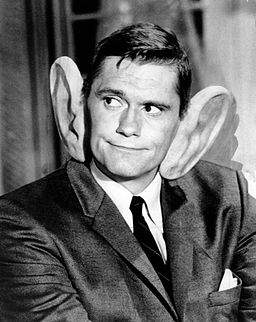We’re Going to Need More Dimes

The Great Belt Fixed Link toll plaza in Denmark. Different colored lights indicate different payment methods. Photo by heb.
Regulation of internet access is too vital to leave up to the unelected five member board of a regulatory commission. The current FCC board has also recently demonstrated its irresponsibility to the country at large when it did away with rules preventing monopolization of local media markets by a single company, recklessly opening the gates to allow Sinclair Broadcasting to consolidate its control across the country.
In the 1974 film Blazing Saddles, directed by Mel Brooks, the citizens of Rock Ridge set up a toll booth to slow down the bad guys coming to destroy their town. Warning: foul language.
Congress could put an end to FCC favoritism toward big business by passing legislation, instead of allowing the FCC board to vote on rules after the formality of a meaningless public comment period, since the board Republicans will almost certainly vote against net neutrality despite the majority of public comments in favor of it. Congress is also beholden to big business, but at least it retains some ability to bend to the public will. As it stands now, after the December 14 vote the new rules will likely get challenged in court, and the legal struggle will eat up years, and all the while the internet gatekeepers will make fortunes extorting internet users who need to pass their toll booths.
― Techly 

